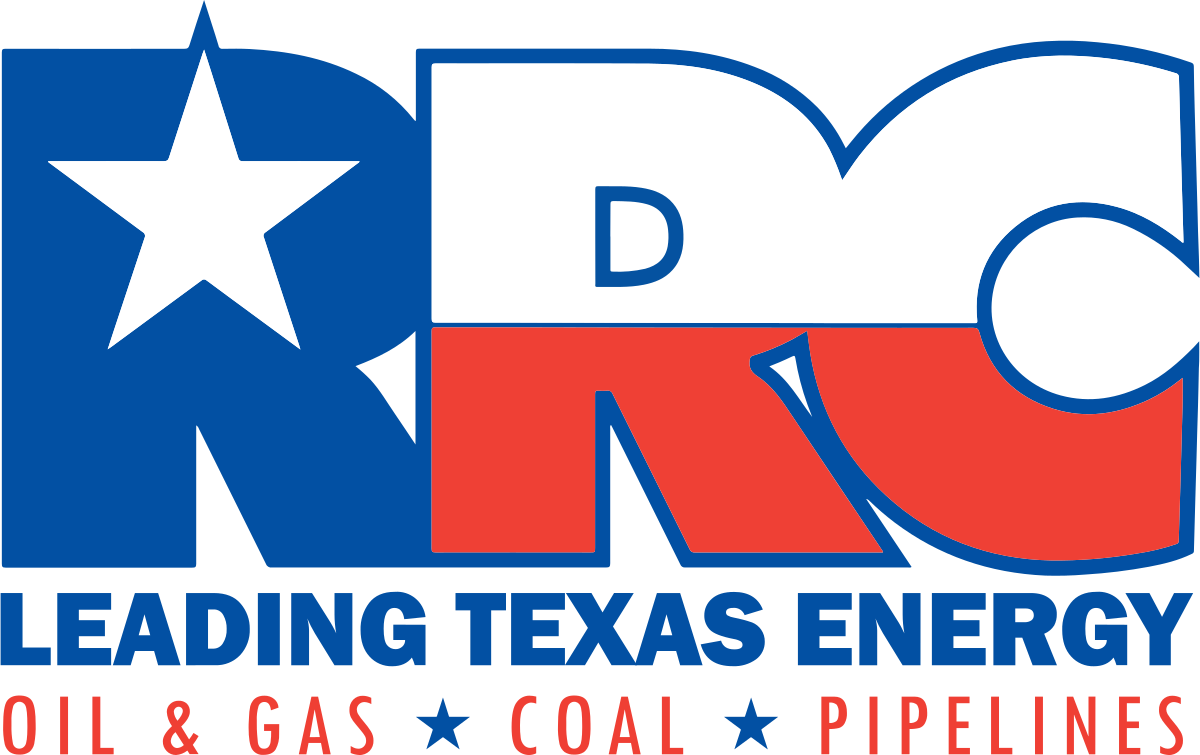Texas Establishes First of Its Kind Designation of Natural Gas Facilities for Energy Emergencies
 The Railroad Commission of Texas (“RRC”) commissioners adopted rules for critical designation of natural gas infrastructure to help protect Texans in energy emergencies.
The Railroad Commission of Texas (“RRC”) commissioners adopted rules for critical designation of natural gas infrastructure to help protect Texans in energy emergencies.
The new rules implement provisions in House Bill 3648 and Senate Bill 3 and define natural gas facilities that would be designated as critical gas suppliers and critical customers.
Critical gas suppliers include, but are not limited to, gas wells, oil leases that produce gas, natural gas pipeline facilities, underground natural gas storage facilities and saltwater disposal facilities.
Critical customers, which are a subset of critical gas suppliers, are facilities that require electricity to operate. These operators will submit a critical customer information to their electric utilities so that their electric utilities have the correct information for purposes of supplying power to the facilities.
Senate Bill 3 includes language to allow for certain facilities to apply for an exception to critical designation. However, the newly adopted rules exclude certain types of highly critical facilities from being able to apply for an exception. Examples include any facility that will be on the state’s electricity supply chain map, which is due to be published next year, underground gas storage facilities, pipelines that directly serve a power generation plant or local gas distribution companies, gas wells and oil leases that produce a large amount of gas per day, and gas processing plants. Applications for exception require objective evidence proving reasonable cause and justification, which will be reviewed, and RRC staff can deny an application.
"It has been wrongly reported that for $150 any company can be exempted from preparing for winter," said RRC Chairman Wayne Christian. "The $150 is a fee set in statute two decades ago for all applications for exceptions. It is just an application fee, not a get-out-of-jail free card. No company will automatically receive an exemption and applications can and will be denied."
“The Commission adopted a ‘critical designation’ rule to ensure our natural gas supply is prepared for future energy emergencies,” continued Christian. “With the passage of this rule, critical facilities including more than 19,000 of the state’s natural gas production facilities will be required to weatherize and be prepared to operate in future winter weather events.”
Critical gas suppliers will file RRC Form CI-D acknowledging their status, and critical customers will also submit critical customer information. To view the final rules, go to https://www.rrc.texas.gov/media/xq4fiqda/adopt-new-3-65-amend-3-107-nov30-21-sig.pdf.
Rules adopted address the issue that some critical gas suppliers were not eligible for critical load designation and had their power cut off inadvertently during Winter Storm Uri. Critical gas facilities are now able to, and required to, submit their information to electric utilities. Electric entities will use this information to plan load-shed procedures during an energy emergency.
There are several more steps that will be implemented to help fortify the state’s energy supply. The RRC and the Public Utility Commission of Texas have been working on mapping the state’s electricity supply chain and natural gas infrastructure along that chain. Since this fall, RRC inspectors have been visiting gas facilities and leases to observe winter preparation measures. On Oct. 7, the RRC issued a notice that asked natural gas operators to take all necessary measures to prepare for the upcoming winter.
